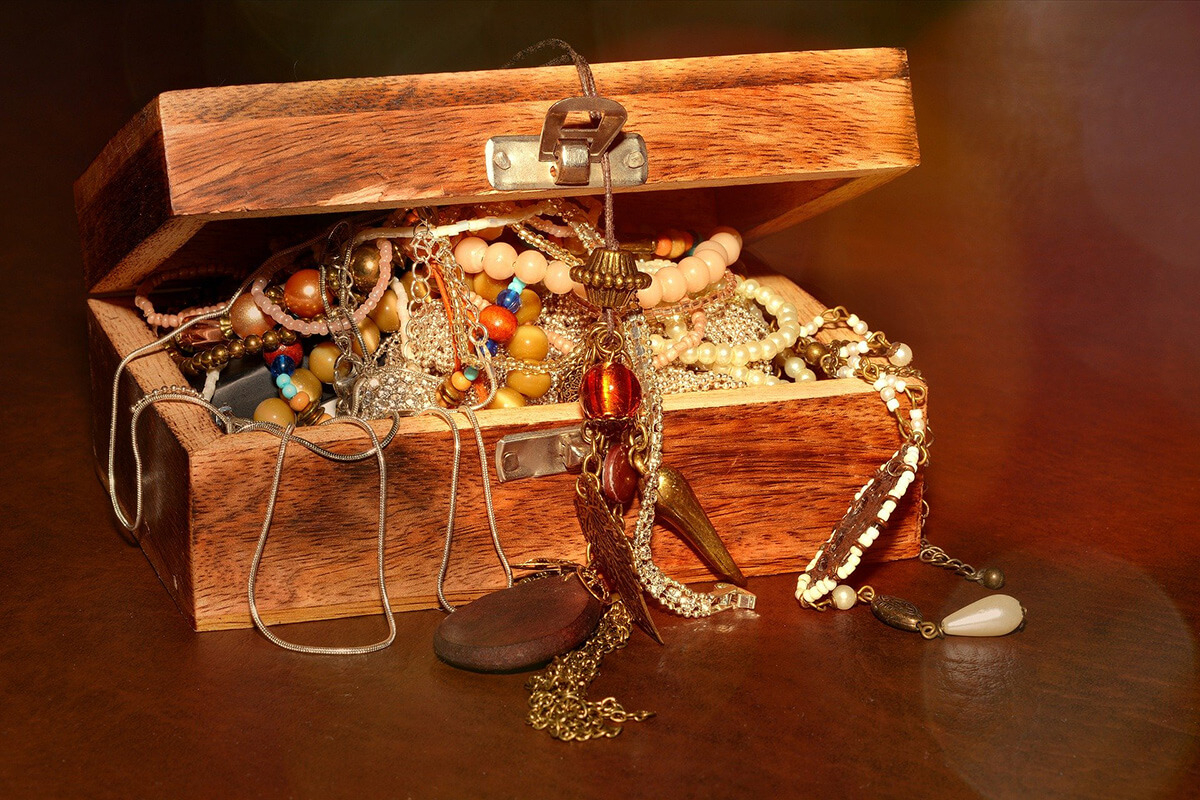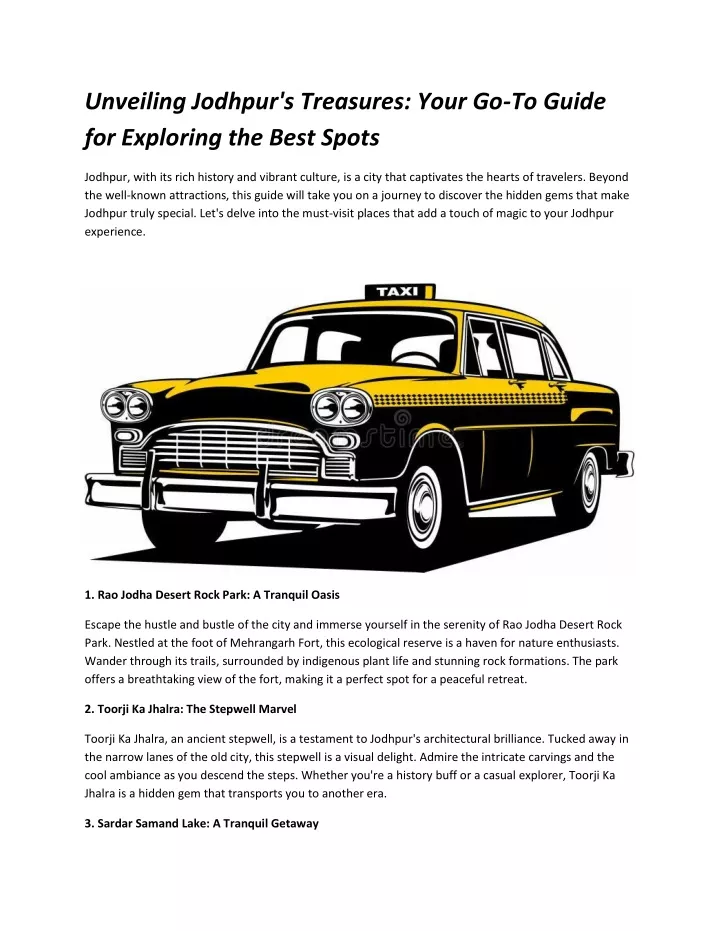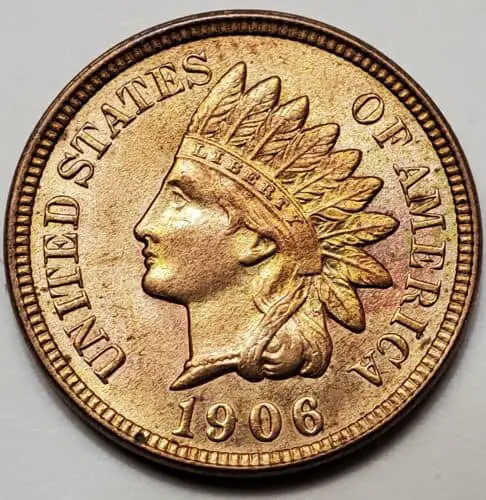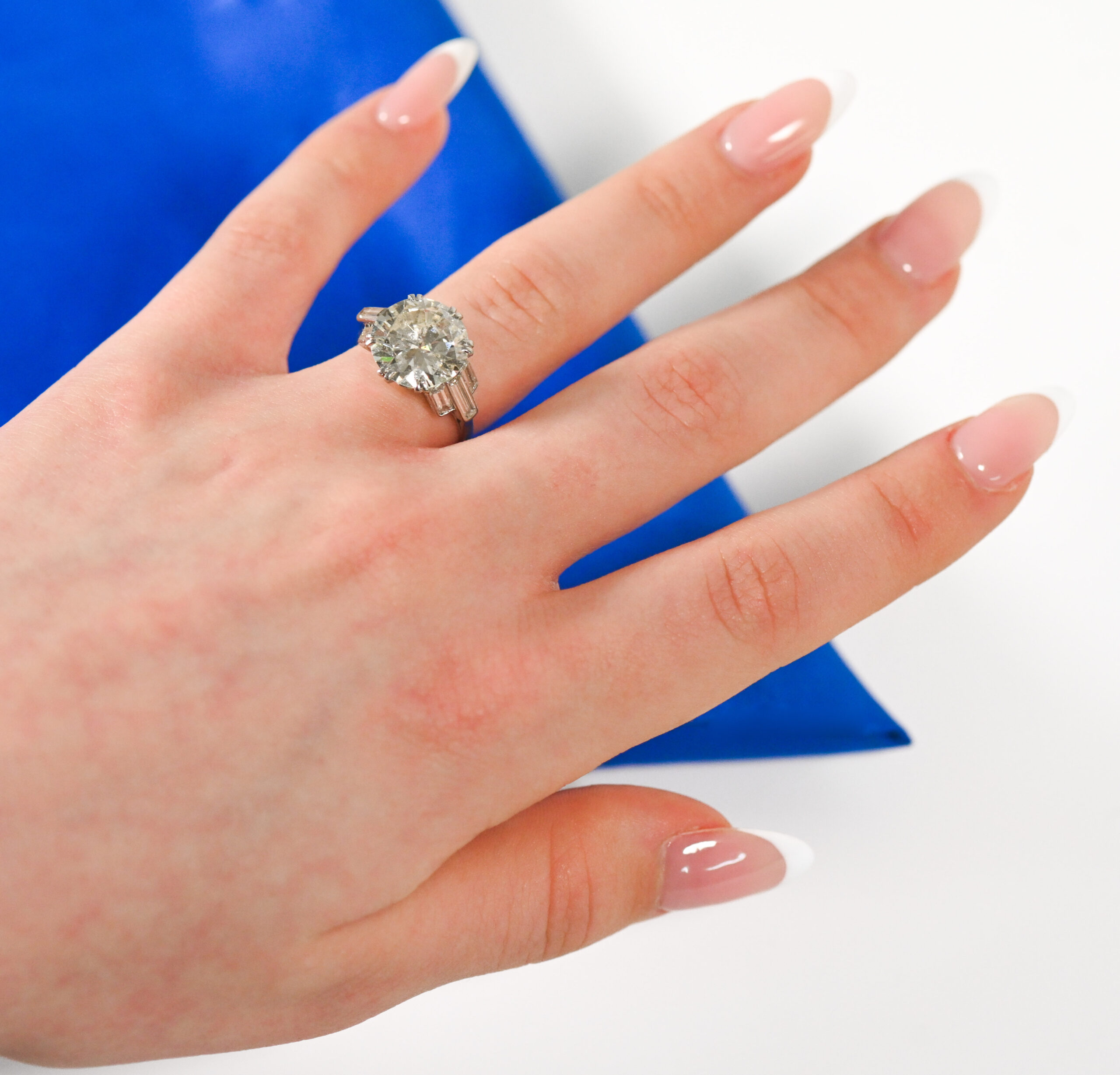Unveiling the Value of Your Treasures: A Comprehensive Guide to Jewellery Valuations
Related Articles: Unveiling the Value of Your Treasures: A Comprehensive Guide to Jewellery Valuations
Introduction
In this auspicious occasion, we are delighted to delve into the intriguing topic related to Unveiling the Value of Your Treasures: A Comprehensive Guide to Jewellery Valuations. Let’s weave interesting information and offer fresh perspectives to the readers.
Table of Content
Unveiling the Value of Your Treasures: A Comprehensive Guide to Jewellery Valuations

In a world where precious metals and gemstones hold enduring value, understanding the worth of your jewellery is paramount. Whether you inherited a family heirloom, stumbled upon a vintage piece at a flea market, or simply wish to know the current market value of your collection, seeking a professional jewellery valuation is a wise investment.
This comprehensive guide delves into the intricacies of jewellery valuations, exploring their purpose, process, and significance.
Understanding the Essence of Jewellery Valuations
Jewellery valuations are expert assessments that determine the fair market value of a piece of jewellery at a specific point in time. This evaluation considers various factors, including:
- Material: The type and quality of metals used, such as gold, silver, platinum, or other alloys, significantly impact the value. Karat purity (e.g., 18K, 14K) and the presence of hallmarks indicating metal content are crucial.
- Gemstones: The type, size, colour, clarity, and cut of gemstones play a pivotal role in determining value. Diamonds, sapphires, rubies, emeralds, and other precious stones are assessed based on established grading systems.
- Design and Craftsmanship: The artistry and craftsmanship involved in the piece, including intricate settings, unique designs, and historical significance, contribute to its value.
- Condition: The overall condition of the jewellery, including any signs of wear, damage, or repairs, impacts its worth.
The Diverse Applications of Jewellery Valuations
Jewellery valuations serve a multitude of purposes, extending beyond mere curiosity.
- Insurance: Obtaining accurate valuations is crucial for insuring your jewellery against loss, damage, or theft. Insurance companies often require appraisals to determine the appropriate coverage amount.
- Estate Planning: Valuations are essential for estate planning purposes, enabling accurate distribution of assets among beneficiaries.
- Sale or Purchase: When buying or selling jewellery, a professional valuation provides a fair and informed basis for negotiation.
- Tax and Legal Matters: Valuations can be required for tax purposes, such as inheritance tax, gift tax, or capital gains tax. They can also be necessary for legal disputes involving jewellery, like divorce settlements or estate challenges.
- Personal Knowledge: Simply knowing the value of your jewellery can provide peace of mind and a sense of security.
The Process of a Jewellery Valuation
A professional jewellery valuation typically involves the following steps:
- Initial Consultation: The valuer will discuss the purpose of the valuation, the history of the jewellery, and any relevant documentation.
- Examination: The valuer will meticulously examine the piece, carefully assessing its materials, gemstones, design, and condition.
- Research: The valuer will conduct thorough research, referencing market data, grading systems, and historical records to determine the fair market value.
- Documentation: The valuation report will be compiled, outlining the details of the piece, the valuation methodology, and the estimated value.
- Review and Delivery: The valuation report will be reviewed by the valuer and delivered to the client.
Factors Influencing the Cost of a Jewellery Valuation
The cost of a jewellery valuation can vary depending on several factors:
- Complexity of the Piece: Valuing intricate pieces with multiple gemstones or unique designs often requires more time and expertise, resulting in higher costs.
- Number of Pieces: Valuing multiple pieces simultaneously generally incurs a lower per-piece cost compared to individual valuations.
- Location and Expertise of the Valuer: Valuers with extensive experience and a reputable reputation may charge higher fees.
- Urgency: Expedited valuations may involve additional fees for expedited service.
Selecting the Right Jewellery Valuer
Choosing a qualified and reputable jewellery valuer is crucial for obtaining an accurate and reliable assessment. Consider the following factors:
- Credentials: Look for valuers with recognized certifications, such as the Gemological Institute of America (GIA) or the American Society of Appraisers (ASA).
- Experience: Seek valuers with extensive experience in jewellery valuation, particularly in the specific types of jewellery you need assessed.
- Reputation: Check online reviews, testimonials, and industry associations to gauge the valuer’s reputation.
- Insurance: Ensure the valuer carries professional liability insurance to protect you against potential errors.
- Transparency: Choose a valuer who is transparent about their fees and valuation process.
Frequently Asked Questions about Jewellery Valuations
Q: What is the difference between an appraisal and a valuation?
A: While often used interchangeably, an appraisal is typically a more formal and detailed document, often required for insurance purposes. A valuation may be a more informal assessment, suitable for personal knowledge or estate planning.
Q: How often should I get my jewellery valued?
A: It is recommended to have your jewellery valued every 3-5 years, or whenever there are significant changes in market conditions or the condition of your jewellery.
Q: What if my jewellery is damaged or lost?
A: A current valuation report will provide evidence of the value of your jewellery, which is essential for insurance claims.
Q: Can I get my jewellery valued online?
A: While online platforms can provide estimates, they are not a substitute for a professional valuation. Physical examination is crucial for accurate assessment.
Tips for Getting the Most Out of Your Jewellery Valuation
- Gather documentation: Collect any available documentation, such as purchase receipts, certificates of authenticity, or previous valuations.
- Be prepared for the appointment: Clean your jewellery beforehand and be prepared to provide details about its history and any repairs.
- Ask questions: Don’t hesitate to ask the valuer any questions you have about the process or the valuation.
- Get a written report: Always request a written valuation report outlining the details of the assessment and the estimated value.
Conclusion
Understanding the value of your jewellery is essential for informed decision-making regarding insurance, estate planning, sale, or purchase. By seeking professional valuations from reputable experts, you can gain valuable insights into the worth of your treasures, ensuring their protection and maximizing their potential. Remember, a thorough and accurate valuation is an investment in the security and appreciation of your precious possessions.








Closure
Thus, we hope this article has provided valuable insights into Unveiling the Value of Your Treasures: A Comprehensive Guide to Jewellery Valuations. We thank you for taking the time to read this article. See you in our next article!